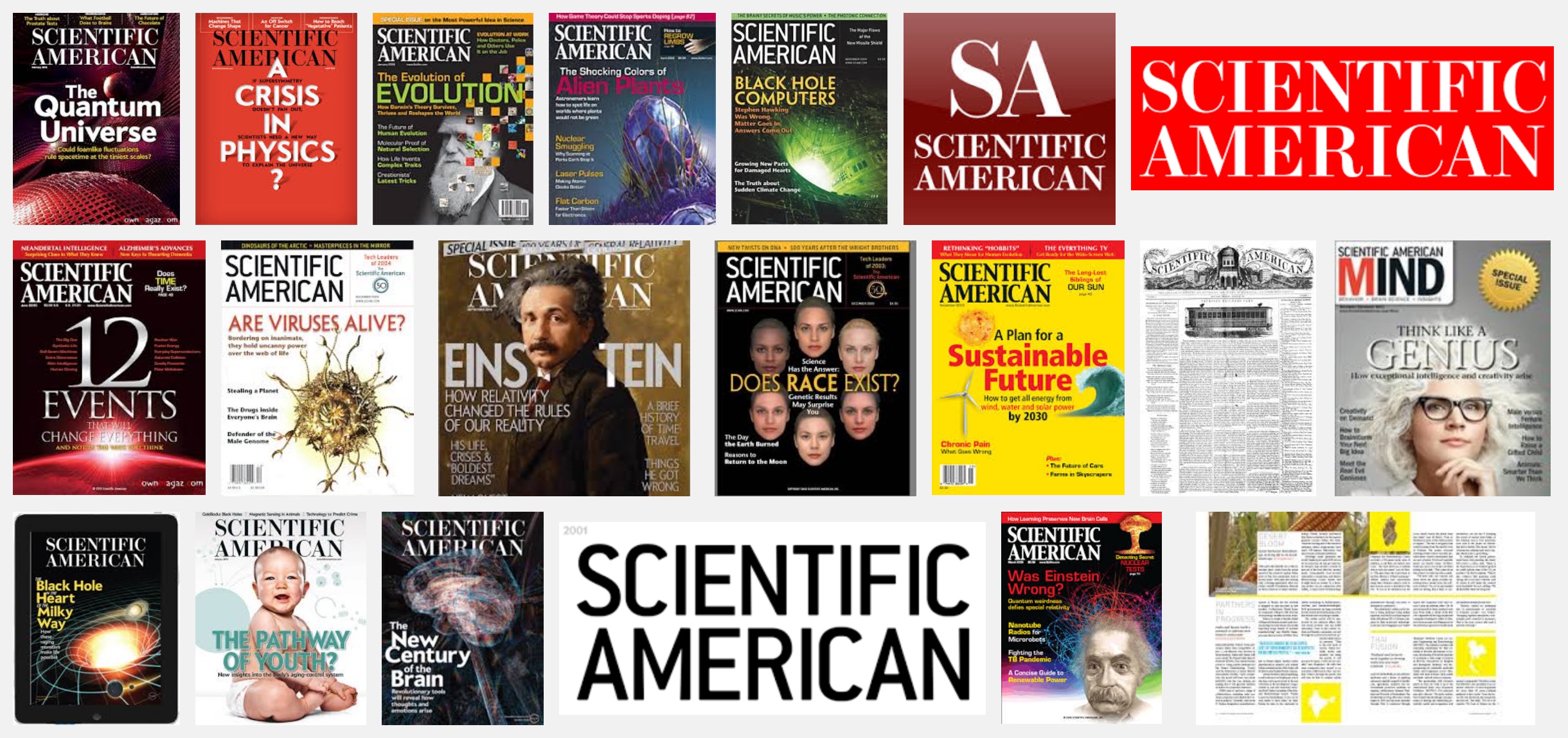
This post’s title belongs to the great physicist and bongo player Richard Feynman. It brings into sharp relief one of the many challenges in our current fractured political discourse — that objective fact is a political tool and scientific denialism is now worn as a badge of honor by many politicians (mostly on the right).
Climate science is a great example of the chasm between rational debate and established facts on the one hand and anti-science, conspiracy mythologists [I’m still searching for a better word] on the other. Some climate deniers simply wave away evidence as nothing but regular weather. Others pronounce that climate change is a plot by the Chinese.
I firmly believe in the scientific method and objective fact; the progress we have witnessed over the last 150 or so years due to science and scientists alone is spectacular. Long may it continue. Yet as Scientific American tells us we need to be alarmed and remain vigilant — it wouldn’t take much effort to return to the Dark Ages.
From Scientific American:
Four years ago in these pages, writer Shawn Otto warned our readers of the danger of a growing antiscience current in American politics. “By turning public opinion away from the antiauthoritarian principles of the nation’s founders,” Otto wrote, “the new science denialism is creating an existential crisis like few the country has faced before.”
Otto wrote those words in the heat of a presidential election race that now seems quaint by comparison to the one the nation now finds itself in. As if to prove his point, one of the two major party candidates for the highest office in the land has repeatedly and resoundingly demonstrated a disregard, if not outright contempt, for science. Donald Trump also has shown an authoritarian tendency to base policy arguments on questionable assertions of fact and a cult of personality.
Americans have long prided themselves on their ability to see the world for what it is, as opposed to what someone says it is or what most people happen to believe. In one of the most powerful lines in American literature, Huck Finn says: “It warn’t so. I tried it.” A respect for evidence is not just a part of the national character. It goes to the heart of the country’s particular brand of democratic government. When the founding fathers, including Benjamin Franklin, scientist and inventor, wrote arguably the most important line in the Declaration of Independence—“We hold these truths to be self-evident”—they were asserting the fledgling nation’s grounding in the primacy of reason based on evidence.
Read the article here.
Image courtesy of Google Search.


 It’s no surprise that in our daily lives we seek information that reinforces our perceptions, opinions and beliefs of the world around us. It’s also the case that if we do not believe in a particular position, we will overlook any evidence in our immediate surroundings that runs contrary to our disbelief — climate change is no different.
It’s no surprise that in our daily lives we seek information that reinforces our perceptions, opinions and beliefs of the world around us. It’s also the case that if we do not believe in a particular position, we will overlook any evidence in our immediate surroundings that runs contrary to our disbelief — climate change is no different.